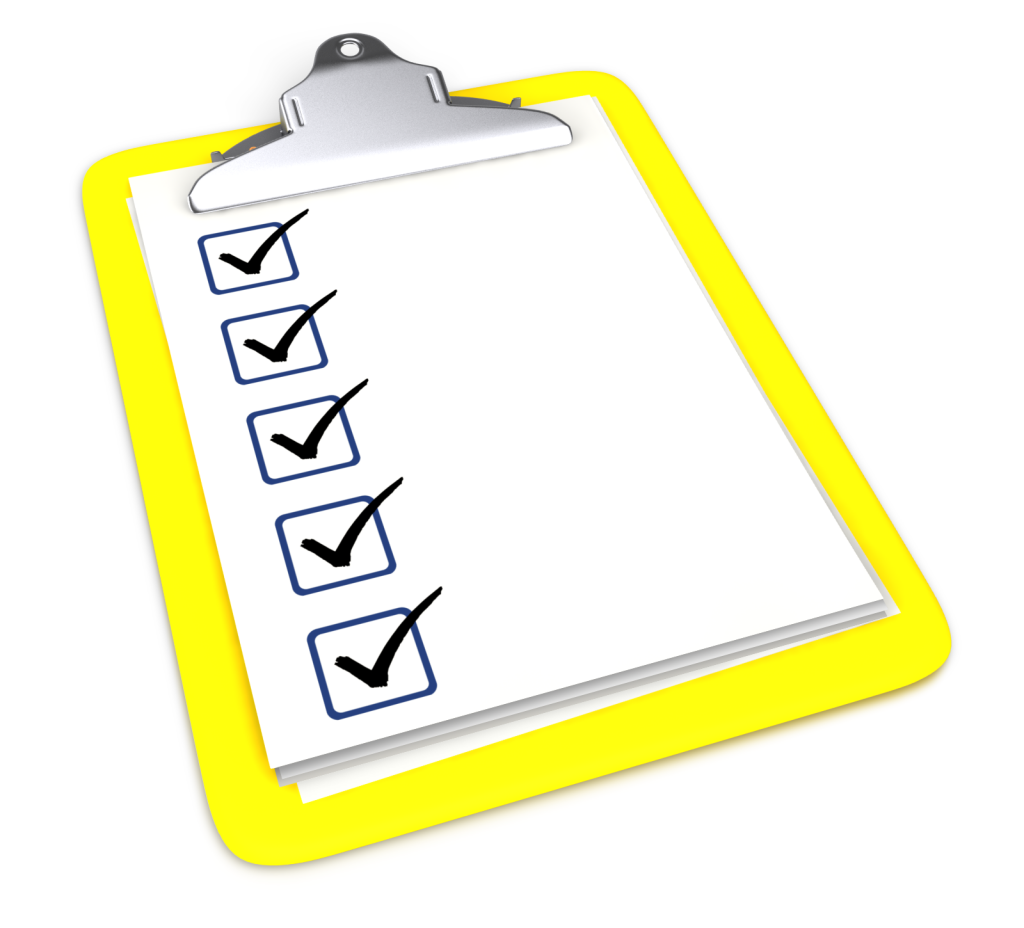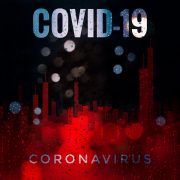Annual Check Up for Your Self-Directed IRA
 Your Self-Directed IRA should be given a check-up at least once per year. A complete Self-Directed IRA check-up requires the assistance of a financial advisor who is also an expert in the Self-Directed IRA field. A Self-Directed IRA check-up process covers areas such as: estate-planning review, RMD determination, contribution error detection, conversion suitability, and whether you need to file tax forms to receive certain tax benefits for your IRA. These are highlighted below.
Your Self-Directed IRA should be given a check-up at least once per year. A complete Self-Directed IRA check-up requires the assistance of a financial advisor who is also an expert in the Self-Directed IRA field. A Self-Directed IRA check-up process covers areas such as: estate-planning review, RMD determination, contribution error detection, conversion suitability, and whether you need to file tax forms to receive certain tax benefits for your IRA. These are highlighted below.
Estate-Planning Review
Have your professional check to make sure your Self-Directed IRA agreement and documentation are consistent with your estate-planning needs. This is especially important for beneficiary designations, and more critically so if you need to make special provisions for any of your beneficiaries.
RMD Determination
If you are at least age 70½ this year, you must take a required minimum distribution (RMD) from your IRAs. You may also need to take RMD amounts from any retirement account that you have inherited. Failure to take your RMD amount could result in you owing the IRS an excess accumulation penalty of 50% of the RMD shortfall. have your professional check to make sure that your correct RMD amount is taken from your IRA, so as to prevent you from owing this penalty.
Contribution Error Detection
If you made ineligible contributions, including ineligible rollovers, these amounts will be subject to IRS penalties and possibly double taxation unless corrected in a timely manner. Have your professional check your Self-Directed IRA activity to determine if any such errors occurred and work with you to make any necessary corrections.
Conversion Suitability
If you converted amounts from another retirement account to your Roth Self-Directed IRA last year, have your professional review the Roth conversion to determine if it should be reversed for reasons such as significant market losses. They should look at other reasons why a Roth-conversion reversal may make sense, and help you to determine if any of those reasons apply to you. The IRS allows Roth conversions for the previous year to be reversed as late as October 15 of the current year, if you meet certain requirements. If it is determined that the conversion should be reversed, have your professional work with you to have it accomplished properly and in a timely manner.
Filing Tax Forms
There are certain tax forms that may need to be filed in order for you to receive certain tax benefits, or to correct reporting done by your Self-Directed IRA custodian. Have your professional review your transactions to determine if these forms should be filed on your behalf.
Let us Help You to Take Care Of Your IRA
There are instances in which more frequent check-ups may be required. For instance, if you experience a life-changing event, such as a death of one of your beneficiaries or a marriage or birth that affects your beneficiary designation, your professional may need to conduct a review to determine if and what changes should be made.
Image by: presentermedia.com




